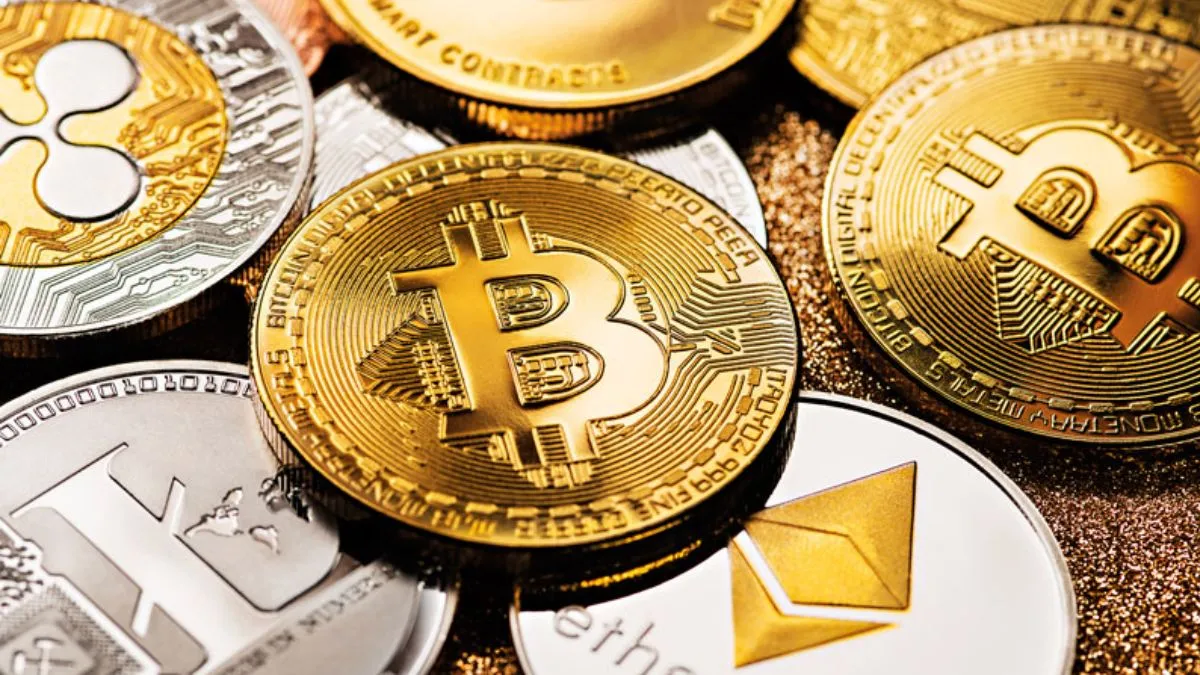News
UAE Plans To Launch Digital Currency For Domestic, Cross Border Payments

A central bank digital currency (CBDC) will be introduced by the Central Bank of the United Arab Emirates (CBUAE) as part of its Financial Infrastructure Transformation (FIT) program. The CBDC will be used for both local and international payments and settlements, and its goals are to boost financial stability, cut costs, and increase efficiency.
UAE Introduces Central Bank Digital Currency (CBDC) for Internal and International Payments
The CBUAE would be one of the first central banks to create a digital currency if it introduced a CBDC. The move is a reflection of central banks’ growing desire to investigate the potential advantages of digital currencies, such as improved efficiency, security, and financial inclusion.

Many nations, including the UAE, have declared intentions to explore or create a central bank digital currency (CBDC). More than 60% of central banks globally are either researching or experimenting with CBDCs, and at least 14 central banks have already started pilot projects or plan to do so, according to a report by the Bank for International Settlements (BIS).
The ability to increase payment efficiency, lower costs, and support financial inclusion are just a few of the aspects that are generating interest in CBDCs.
CBDCs may also enable central banks to have more oversight and control over the monetary system while also providing users with higher levels of security and privacy during digital transactions.
The specific features and design of CBDCs can vary widely from country to country, reflecting differences in economic and institutional circumstances, regulatory frameworks, and technical capabilities.
Nonetheless, the growing interest in CBDCs suggests that they may become an increasingly important part of the global financial landscape in the coming years.
The Financial Infrastructure Transformation Program (FIT) of the UAE aims to accelerate the digital transformation of the financial services industry
According to the Central Bank of the United Arab Emirates (CBUAE), the Financial Infrastructure Transformation (FIT) program, which intends to modernize and improve the UAE’s financial infrastructure, includes the creation of a central bank digital currency (CBDC).
As part of the first stage of its Financial Infrastructure Transformation (FIT) program, the government of the United Arab Emirates intends to launch a unified card payment network and an instant payments platform using the central bank digital currency (CBDC). The unified card payment platform enables users to use a single card to make online and offline purchases
The CBUAE said that the CBDC will deal with the issues and inefficiencies in cross-border payments, which may be time-consuming, expensive, and prone to fraud and mistakes. By using a CBDC for cross-border payments, it may be possible to speed up transactions, cut costs, improve security and transparency, and promote wider financial inclusion.
The CBUAE has also drawn attention to the advantages of a CBDC for domestic payments, such as improved efficiency, quicker settlement times, and easier access to financial services for underprivileged groups. In particular, for people who are unbanked or underbanked, the adoption of a CBDC for domestic payments has the potential to lower transaction costs and boost financial inclusion.
The largest media corporation in the Middle East, MBC, has reportedly announced a 17% pricing hike for its streaming service, according to the Dubai-based news source Shahid UAE MBC. Two alternative asset startups, Liminal and Notabene, have partnered to provide secure and legal crypto transactions.
Abu Dhabi National Energy Company (TAQA), which operates in the energy industry, recorded significant year-end earnings in 2022, supported by rising commodity prices.
The Central Bank of the UAE (CBUAE) has declared its intention to introduce a digital currency for both domestic and international payments in accordance with the Financial Infrastructure Transformation Programme of the UAE Central Bank.
Related Topics
🔹Emirati Squad Helps Rescue 2 Men Trapped Under Rubble For 9 Days After Turkey Earthquake
🔹European Hiker Found Dead After Falling From Mountain In Ras Al Khaimah
A Card Domestic Scheme, an Instant Payments Platform, and the introduction of a Central Bank Digital Currency are just a few of the new digital payment infrastructures and services that will be introduced as part of the program. These programs seek to advance a cashless society in the Emirates and advance payment innovation, security, and efficiency.
The FIT initiative is in line with the nation’s ambition to develop into a center of excellence for innovation and digital transformation as well as a financial and digital payment hub. With full integration scheduled for 2026, it also helps the national digital economy strategy.
The program’s goal is to increase regulatory compliance and strengthen the Central Bank’s position as a digital leader by implementing cutting-edge technologies for data administration and monitoring.
Khaled Mohamed Balama, governor of the Central Bank, claims that the FIT program matches the goals and objectives of the UAE’s government with regard to digitizing the economy and expanding the financial sector.
In addition to saying that the CBUAE will work with partners to achieve the program’s objectives, speed up the adoption of digital services in the financial sector, and draw in the best talent, he expressed his pride in having built an infrastructure that will support a thriving UAE financial ecosystem and its future growth. The program’s pillars will eventually be the subject of more information and updates.